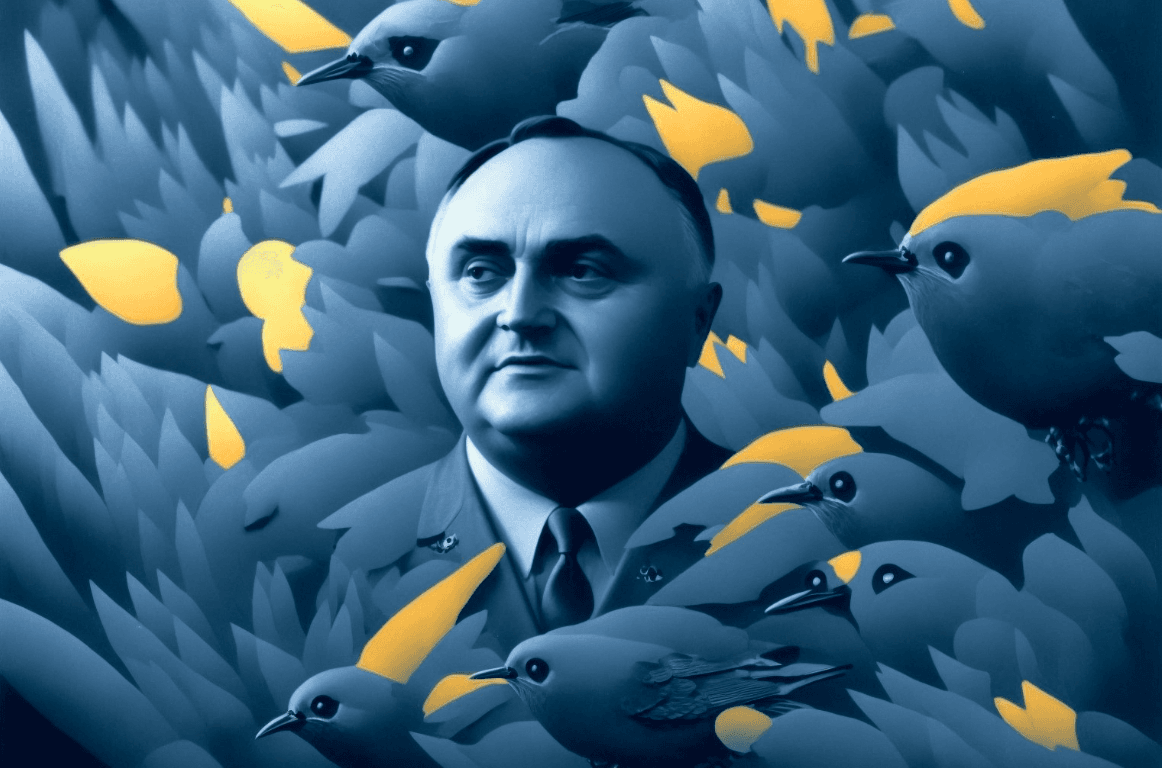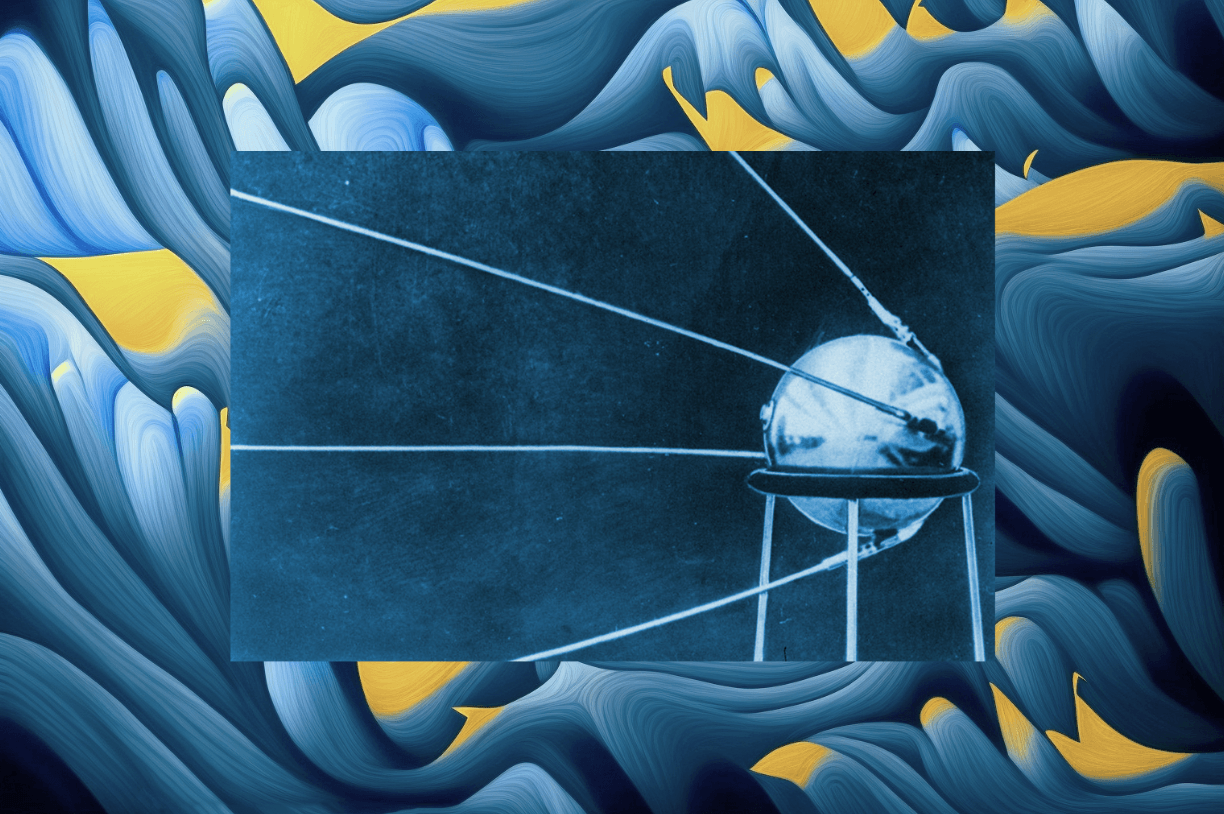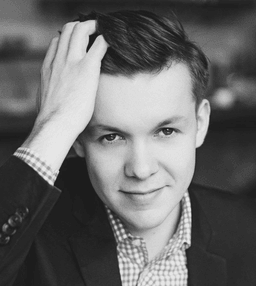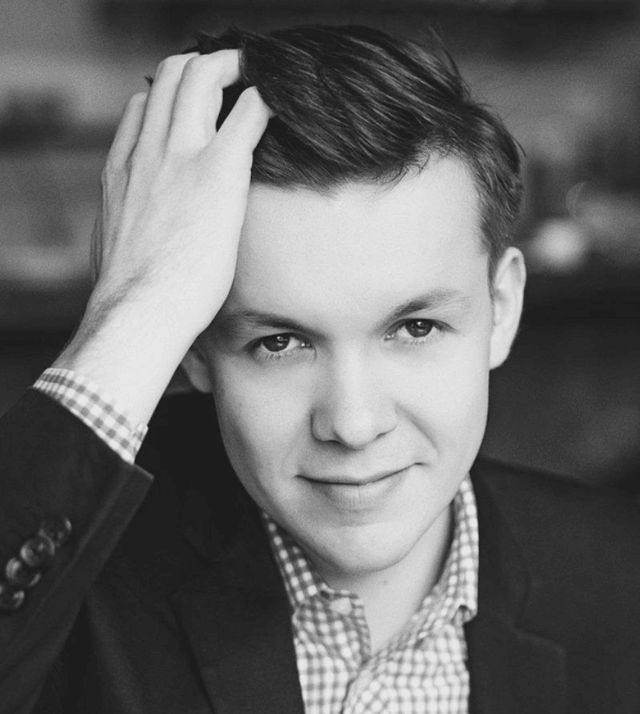Yaroslav Azhnyuk: An untold story of Serhiy Korolyov — the Ukrainian who launched humanity into space

Editor’s Note: The opinions expressed in our op-ed section are those of the authors and do not purport to reflect the views of the Kyiv Independent.
Today, on Jan. 12, is the birthday of Serhiy Korolyov, a Ukrainian engineer who launched humanity into space.
Three of the most significant achievements at the dawn of the space era were masterminded by him. Sputnik. Gagarin. And Leonov’s first-ever spacewalk. Korolyov was the genius behind the technology that made these and many other leaps possible.
By his contemporaries, he was simply called “The Chief Engineer.”
His life story is that of an individual fighting against the system and accomplishing his dreams against all odds. It is a story that has to be told in a top-grossing movie or miniseries made by a leading movie studio. And actually, making that movie happen has been a personal dream of mine for the last five years.
Serhiy Korolyov, also known by the Russian spelling of his name as Sergey Korolev, was a Ukrainian born in 1907 in Zhytomyr, a city not far from Kyiv. Raised by his mom and grandparents to Ukrainian songs and in the spirit of Zaporizhian Cossacks, it’s no wonder his individualistic character didn’t get along well with the collectivist, communist regime that occupied Ukraine when Serhiy was just a kid.
Studying in Odesa and later graduating from the Kyiv Polytechnic Institute, he named his first glider Koktebel, after a popular resort town in Crimea.
Korolyov, alongside another talented Ukrainian rocket engine designer, Valentin Hlushko, was arrested under false pretenses in 1938 during Stalin’s Great Terror — an insane series of arrests and executions of the smartest, most independently-minded people in the Soviet-occupied territories. Interrogated and tortured, with a broken jaw and fingers, the future father of space exploration was sent to a Gulag gold-mining labor camp in Kolyma in eastern Siberia. Korolyov’s property was confiscated, and he was sentenced to 10 years in a labor camp, where people would die in hundreds due to inhumane conditions and hard work.
It was only due to his mom’s perseverance in lobbying within the Communist Party that the sentence was reviewed in 1939, allowing him to be transferred to a prison in Moscow. However, by the time the news reached him, Korlyov was on the verge of death after suffering various injuries, having a possible heart attack, and losing most of his teeth to scurvy.
Barely making it to the city of Magadan in Russia, he missed getting on the steamship “Indigirka” – it saved his life. It was the ship’s last voyage, as it hit rocks in the stormy seas and sank, with 700 of its 1,100 passengers losing their lives in what became known as the “Soviet Titanic” shipwreck.
Ironically, the survivors were saved by a nearby Japanese boat – a fact that was not reported until the dissipation of the Soviet Union, as the communists were at war with Japan.

Serhiy finally made it to Moscow in 1940 and was assigned to work at a “sharashka,” a Soviet-era institution that resembled an engineering labor camp of sorts. Let that one sink in – it sounds like about as much of an oxymoron as the word “union” does to the nature of the authoritarian Soviet state.
However, his vision for spaceflight persevered.
Korolyov became an undisputed leader of the Soviet rocket and space programs. One after another, he realized projects no one would initially believe in or understand. His launch of “Sputnik” started the Space Race, and who knows what the world would look like today if Serhiy didn’t survive Kolyma.
Alexey Leonov, whom Serhiy made the first man in outer space, would say this about him: “Korolyov had the reputation of being a man of the highest integrity, but also of being extremely demanding. Everyone around him was on tenterhooks, afraid of making a wrong move and invoking his wrath. He was treated like a god.”
Serhiy’s daughter, Natalia, said in an interview recorded in 2006: “For as long as I can remember, the word “Ukraine” would always be spoken with piety and great love in our family... He loved Ukraine so much! Ukrainian songs, Ukrainian language. The songs titled ‘I’m looking at the skies’ and ‘Roars and moans the wide Dnipro’ were among his favorites.” The first song would later be performed for him in space by the first Ukrainian cosmonaut, Pavlo Popovych.
Korolyov’s sense of national identity can also be seen in some of his early articles on rockets and rocketplanes, published in Ukrainian in 1933 and 1934 in a Kharkiv paper called “For Technology," or “Za Tekhniku,” (Russian was the dominant language, especially in the technical literature). In these publications, he argues for the advantages of liquid-fuel rocket engines over solid-fuel ones.
Besides the accomplishments mentioned above, Korolyov worked on numerous other ideas and designs, including the first probes and landers to the Moon, Venus, and Mars, some of which landed only after his death.
He developed the famous R-7 rocket family, the design of which is still in use today, and the legendary Soyuz spacecraft, which first flew in 1966 and is still delivering people and cargo to the International Space Station as of 2023. Moreover, between the end of the Space Shuttle program in 2011 and the 2020 demo flight of SpaceX Crew Dragon, Soyuz was the only means to get to and from the ISS.
Serhiy Korolyov died on Jan. 12, 1966, at the age of 60.
His death is mysterious in nature, with various conflicting accounts. His encounters with the KGB and his time at Kolyma had definitely not improved Korolyov’s health, but some say that he “knew too much.
Had he lived longer, how different would the future have been? Would we have seen a continuation of the Space Race? Or Soviet and American lunar bases in the ’70s and the first man on Mars in the 90’s? Watch the “For All Mankind” series, which explores exactly that idea of alternative history.

Serhiy’s favorite phrase was “They’ll slam you without an obituary” (“Хлопнут без некролога”), reflecting his feelings towards the system he had to work with and be a part of.
In fact, his existence and real name were a national secret until his death, in an effort to protect him from possible Cold War assassination attempts by the United States. The achievements of Korolyov and dozens of talented engineers were shown as a “collective achievement of the Soviet people,” which could not be further from the truth. Only from the obituary did people learn about his existence and see his photograph for the first time.
It is about time the world learned about the true story of heroes like Korolyov. And after it— the stories of thousands of talented people subdued by the Soviet regime. It is important to see the USSR for what it was: an occupation of peoples by a many-faced imperialist regime in Moscow, a jail of nations, and not a “Union” as its name tries to deceive you.
For people around the world to have been inspired by achievements of the “Grand Russian culture” through the likes of Dostoevsky or Tchaikovsky, thousands of Ukrainians like Leontovych, Stus, Kurbas, and Horska had to be tortured and murdered. The latter names don’t ring a bell? That is exactly the point.
Serhiy Koroloyv. The man who launched humanity into space. An individual against the collectivist system. A Ukrainian that perservered through the Soviet repressions. Somebody wth enough personal drama and love stories for a few soap operas. He made it through against all odds and left a mark on the history of humanity along with Archimedes, Gutenberg, and Edison.
If you know a world-class producer, screenwriter, director, actor, or any filmmaker who’d like to work on a movie about Korolyov — please let me know.
Happy birthday, Serhiy! Ukraine is proud of you, and we’re working to make sure Ukrainian kids won’t ever have to go through what you had to.










